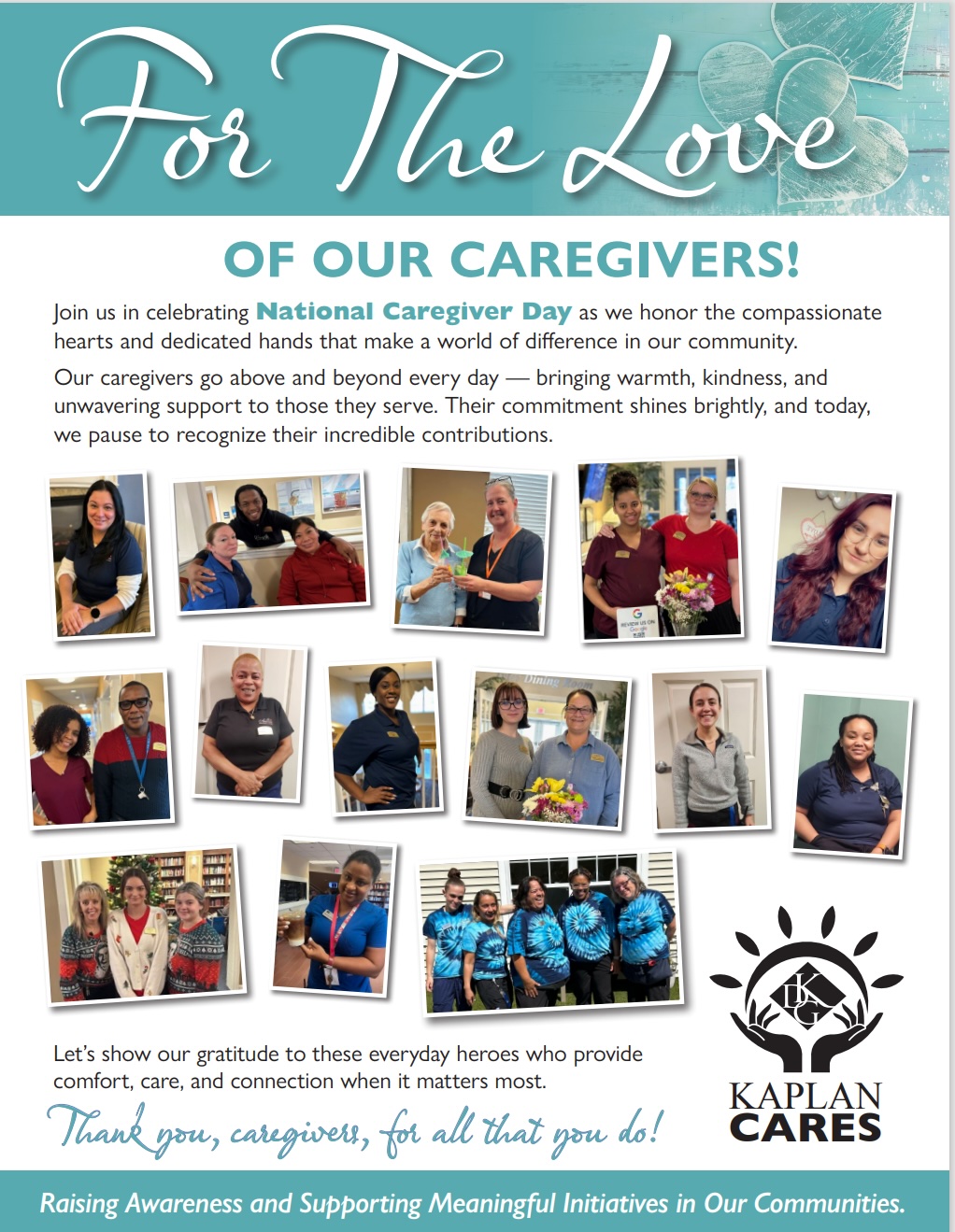Key Takeaways
- Dementia and depression in seniors can present overlapping symptoms, but they stem from distinct causes and require different approaches for treatment.
- Dementia is typically marked by progressive cognitive decline, while depression primarily affects mood and emotional well-being.
- Seniors with depression may struggle with focus or memory, but these symptoms are often reversible with proper treatment, unlike the more permanent impacts of dementia.
- Early diagnosis and professional evaluation are necessary to distinguish between the two conditions.
- Implementing tailored care strategies can greatly improve the quality of life for seniors, regardless of whether they are managing dementia or depression.
Recognizing the Difference: Demetia vs. Depression
When cognitive changes appear in older adults, families often struggle to understand what they’re witnessing. Memory lapses, mood changes, and withdrawn behavior can signal different conditions—each requiring distinct approaches to care, like memory care or therapy. Both conditions share surprising similarities, making accurate identification critical for proper treatment and support.
Understanding these differences empowers families to seek appropriate help and develop effective care strategies. Early recognition can significantly improve outcomes for seniors experiencing either condition.
Dementia vs. Depression: Understanding the Difference
Dementia is a group of brain disorders that gradually affect memory, thinking, and daily life. Alzheimer’s is the most common type, but there are others like vascular dementia, Lewy body dementia, and frontotemporal disorders. Over time, these conditions physically change the brain, leading to permanent cognitive decline.
Depression, on the other hand, is a mental health condition that can feel overwhelming but is treatable. It can impact focus and memory, but it doesn’t cause lasting brain damage. For older adults, depression is often triggered by things like health issues, medication side effects, loneliness, or big life changes such as retirement or losing a loved one.
One key difference is how they progress. Dementia tends to worsen gradually over months or years, starting with trouble remembering recent events and eventually affecting older memories and basic abilities. Depression, however, can appear suddenly after a difficult event or develop more slowly, and the good news is that it often improves with the right treatment.
Brain scans also tell a different story. Dementia shows visible changes, like brain shrinkage and protein buildup, while depression typically doesn’t show structural changes but can affect brain chemistry and pathways.
Overlapping Symptoms to Watch For
It’s not always easy to tell the difference between dementia and depression since they share many of the same symptoms.
Memory Issues
Memory issues are a big one—both can cause forgetfulness, trouble focusing, or difficulty keeping up with conversations or tasks you used to do without a second thought.
Sleep Problems
Sleep problems are another overlap. Dementia can disrupt sleep-wake cycles, leading to symptoms such as nighttime wandering or daytime napping. Depression, on the other hand, often shows up as insomnia, waking up too early, or sleeping way too much.
Self Isolation
Both conditions can also lead to pulling away from others. Someone with dementia might avoid social situations because they’re confused or embarrassed about their memory or abilities. With depression, it’s often sadness, low energy, or feeling worthless that makes people isolate themselves.
Mood and Appetite Changes
Mood shifts may also occur. Irritability, anxiety, or emotional outbursts are common in both cases—whether it’s frustration from dementia or the hopelessness that comes with depression. Appetite changes, like eating too much or too little, are also shared symptoms.
However, some subtle differences can help you distinguish between them. For example, memory issues from depression often get better once someone feels more motivated or engaged, while dementia-related memory problems stay consistent. And those with depression are usually aware of their memory struggles, while someone with dementia might not notice or acknowledge the issue.
When to Seek Professional Guidance

Signs that it’s time to seek professional help include:
Changes in Memory or Thinking
Rapid changes in memory or thinking that occur over weeks or months. Even slower changes over six months to a year shouldn’t be ignored.
Safety Concerns
Safety concerns are another red flag. Getting lost, making medication errors, struggling with finances, or driving unsafely can all signal cognitive issues. Accidents, such as falls, burns, or leaving appliances on, are also warning signs that an evaluation may be necessary.
Behavioral Changes
Behavioral changes can be equally concerning. Sudden personality shifts, evening confusion, hallucinations, or paranoia are not normal signs of aging and should be addressed.
Physical Symptoms
Physical symptoms like sudden weight loss, untreated pain, or medication side effects can also worsen depression or dementia, making it important to address these alongside cognitive issues.
Evaluations typically include reviewing the medical history, performing a physical examination, administering cognitive tests, and occasionally conducting brain imaging. Blood tests help rule out issues like vitamin deficiencies, thyroid problems, or infections.
Mental health professionals may assess for depression and cognitive challenges, while neuropsychological tests help determine if changes are due to depression, dementia, or another condition.
Moving Forward with Confidence
Distinguishing between dementia and depression can be difficult, but families play a key role in spotting the signs and ensuring loved ones get the right care. Depression is often treated with therapy, medication, lifestyle changes, and social support, leading to improvement for many seniors. Dementia care focuses on managing symptoms, ensuring comfort, and supporting families as they adapt to the changes.
Early detection is key to addressing both conditions. Treating depression early can improve cognitive function and well-being, while a dementia diagnosis helps families plan, access resources, and make care decisions. Noticing changes in behavior or memory can help doctors accurately diagnose and create a care plan.
Find a Supportive Community in Branchville
Getting older doesn’t always come with memory loss or depression. If something feels off, it’s worth checking out. Many issues improve with treatment, and early action can boost quality of life. Addressing concerns early shows care and ensures your loved one gets the support they need.
Contact us at Bentley Assisted Living at Branchville today to see how we can help provide the care and support they deserve.





